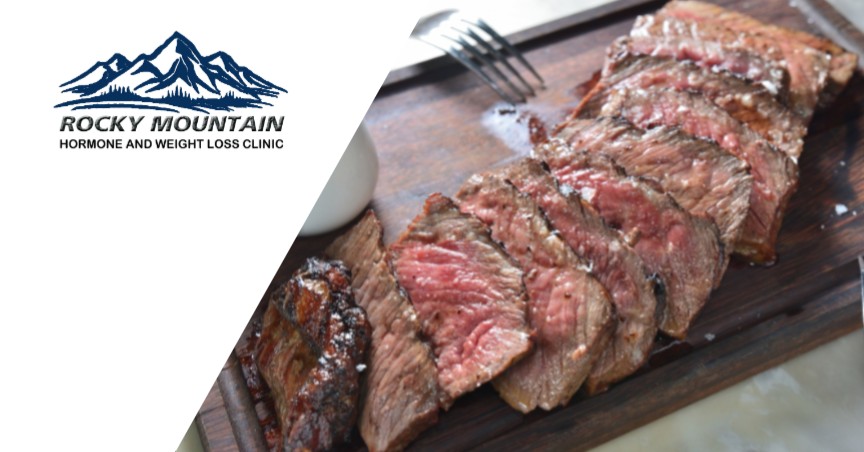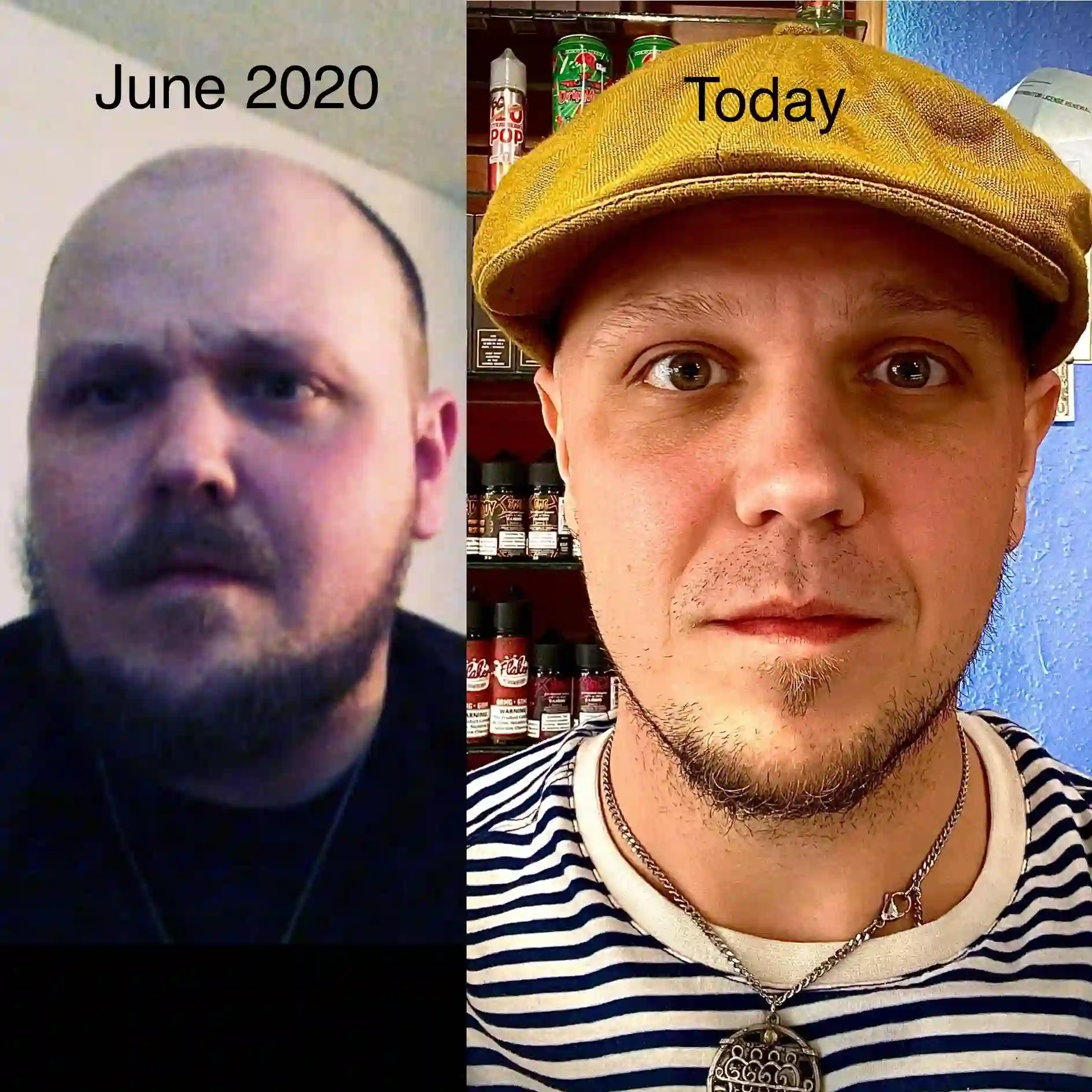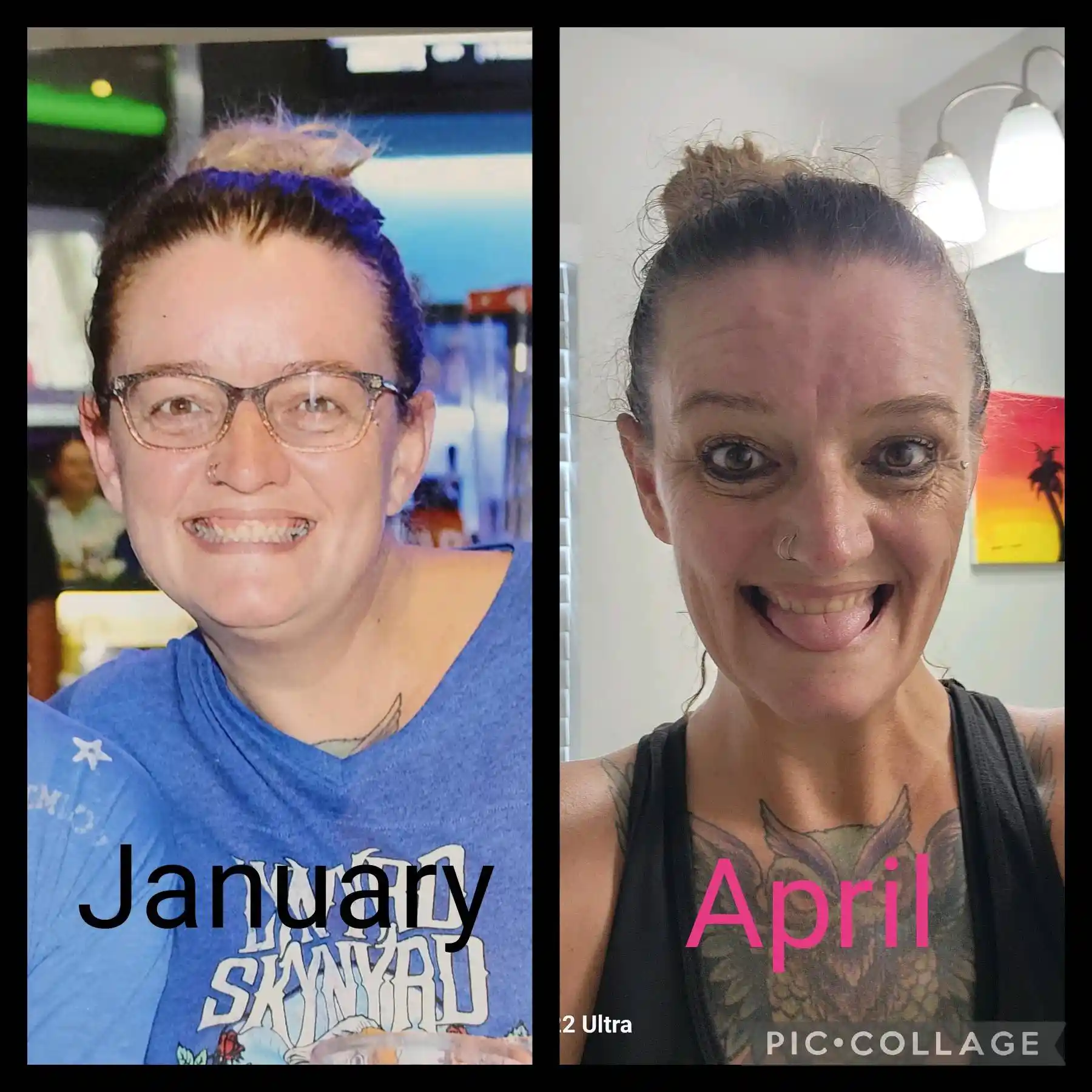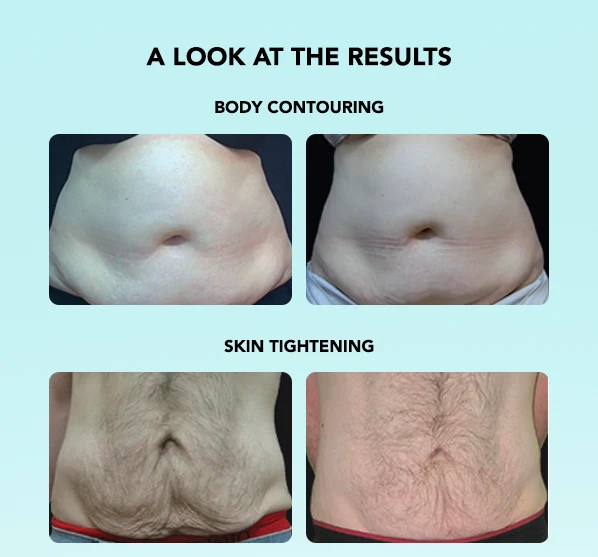Diets that restrict red meat, vegan diets, and a sensitivity to dairy products could all cause the same deficiency that prevents people from feeling their best. Low levels of vitamin B12 arise when people do not consume enough red meat, eggs, fish, or dairy products. Even people that have had weight loss surgery could fail to get the vitamins they need.
Sometimes the issue is not even the diet — it’s how the body processes food. Certain digestive diseases like Crohn’s disease can prevent the system from absorbing the nutrients it needs. Prescription medications that reduce stomach acid can also be the culprit. The result can leave people feeling shaky and unwell.
Symptoms of Deficiency
The list of the potential symptoms of a vitamin B12 deficiency is exceptionally long. Individuals may feel tingling in the hands and feet or they may feel weak and fatigued, which can be a sign of anemia. Cognitive abilities can fail and lead to memory loss. Red blood cell production can decline and cause jaundice. The tongue can swell, and the heartbeat can become rapid.
Some correlation exists between the deficiency of the vitamin and Alzheimer’s disease. No definitive studies exist yet, but medical experts have various theories. Some feel that some doctors may misdiagnose vitamin B12 deficiency as dementia or the early stages of Alzheimer’s disease, particularly in elderly patients.
Other medical experts theorize that low vitamin B12 levels that occur over an extended period are the catalyst for the onset of Alzheimer’s. Yet other researchers hope to prove that the vitamin could offer some hope in treating patients already diagnosed with a memory disease.
Factors for Risk
All age groups and both genders have the risk of developing a vitamin B12 deficiency. However, some people face larger risks than others. Vegetarians, and especially vegans, remain one of the most affected. In addition, some studies show that as much as 30 percent of the population that is over the age of 60 may be deficient too.
Other groups that need to be cautious about getting enough vitamin B12 include those with autoimmune disorders, pregnant and breastfeeding women, and alcoholics.
Solutions to Problem
The solution for anyone who has a low level of B12 in their body is to get more of the vitamin through diet changes or supplements. Of course, this is not always possible for many people. Some may already be doing all they can at home and still do not get what they need because of their prescription medication, health, or lifestyle.
The amount of the vitamin in the body may also be too low for a dietary supplement or diet changes to raise the levels satisfactorily. When these situations occur, experts often recommend that the individual consider the faster, more effective method of vitamin B12 injections.
Injections introduce a high level of vitamin B12 to the body to help reduce the symptoms quickly. Some people may be able to eat better or take supplements after correcting the deficiency, but many people that have this concern need a monthly shot to maintain their vitamin level.
Testing for Deficiency
Vitamin B12 injections require a prescription. The injections are safe for most people but could cause problems in those with renal disease. Other underlying health concerns could also be to blame for the symptoms, and a misdiagnosis could delay proper treatment.
A simple blood test diagnoses a deficiency in vitamin B12. The doctor will usually have the patient fast for several hours before the bloodwork. At-home tests exist, but a follow-up with a doctor is the only way to receive a prescription.
At the Rocky Mountain Hormone and Weight Loss Clinic, we see people struggle with weight loss issues and fatigue. Vitamin B12 injections are often the first step towards having the energy they need to become active again. If you are ready to feel better, contact us to learn more about our services.









